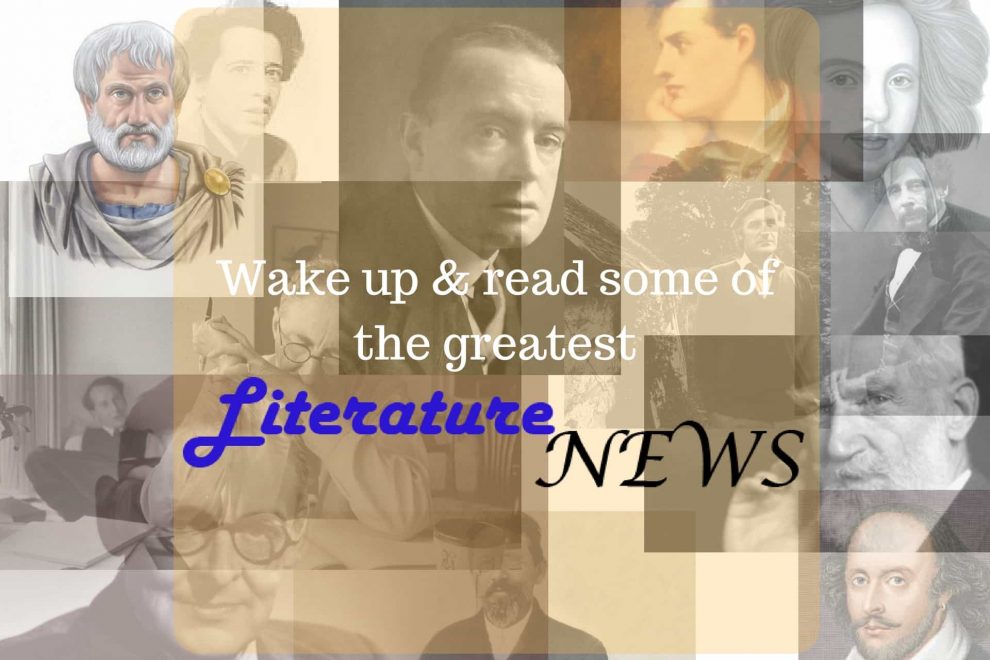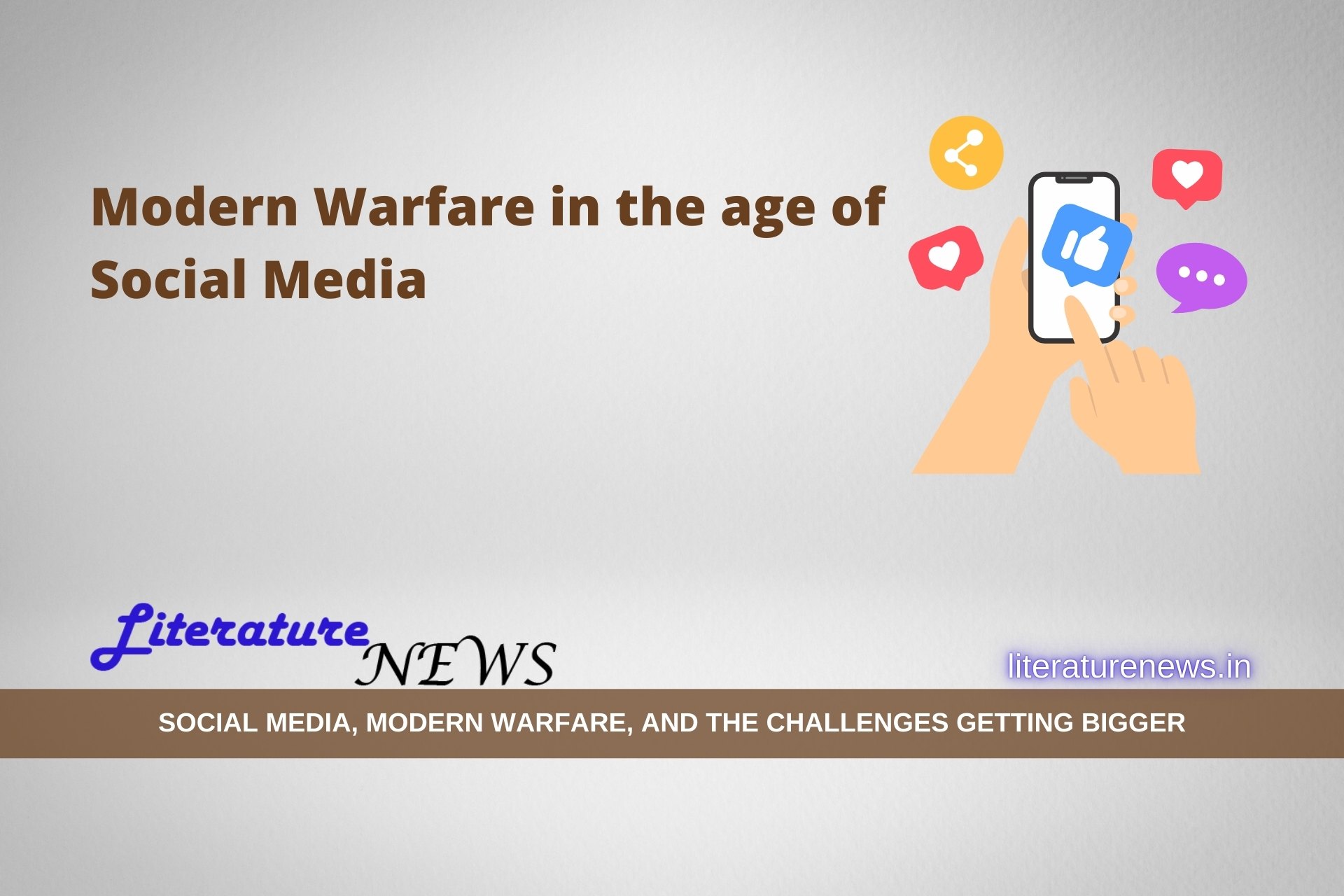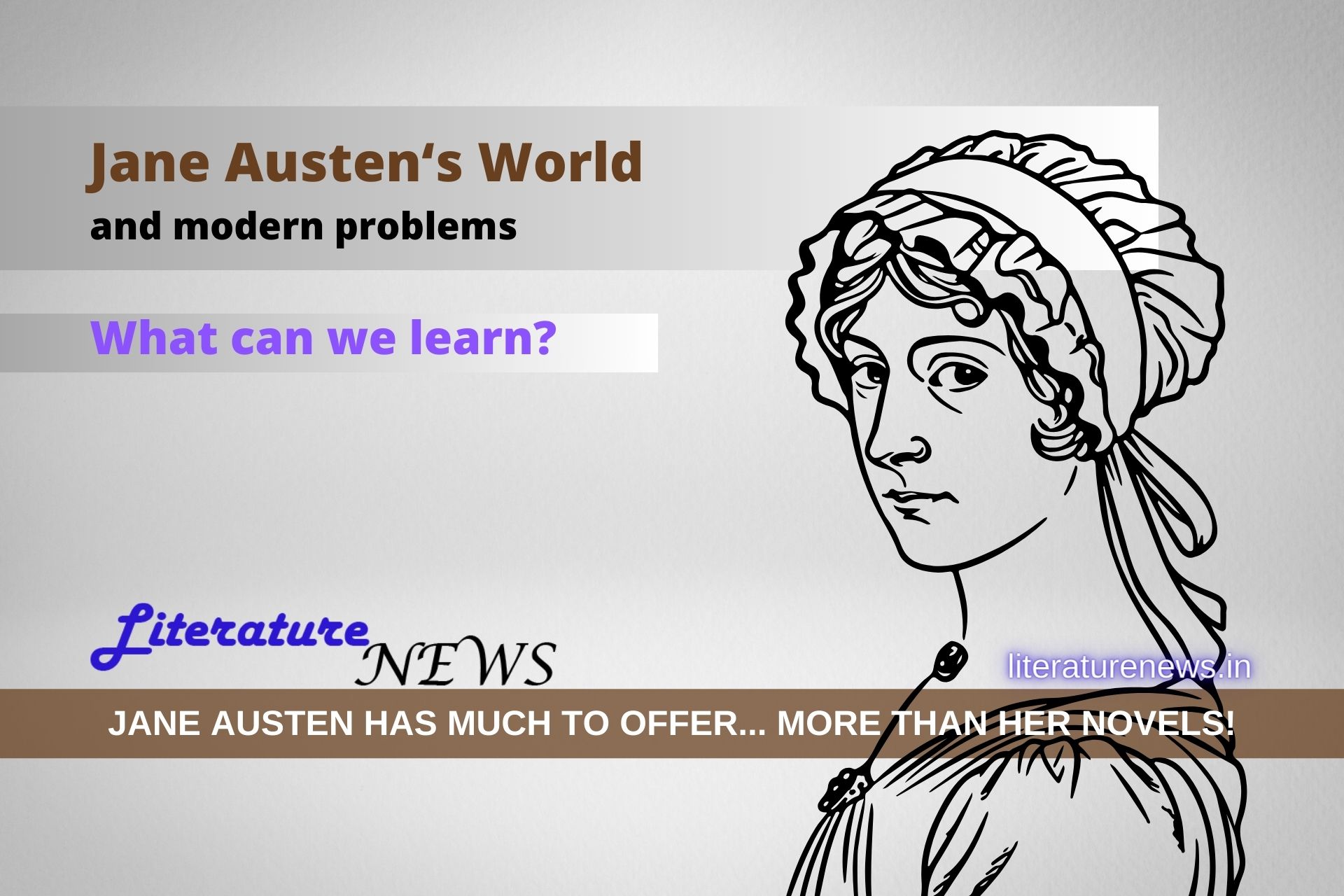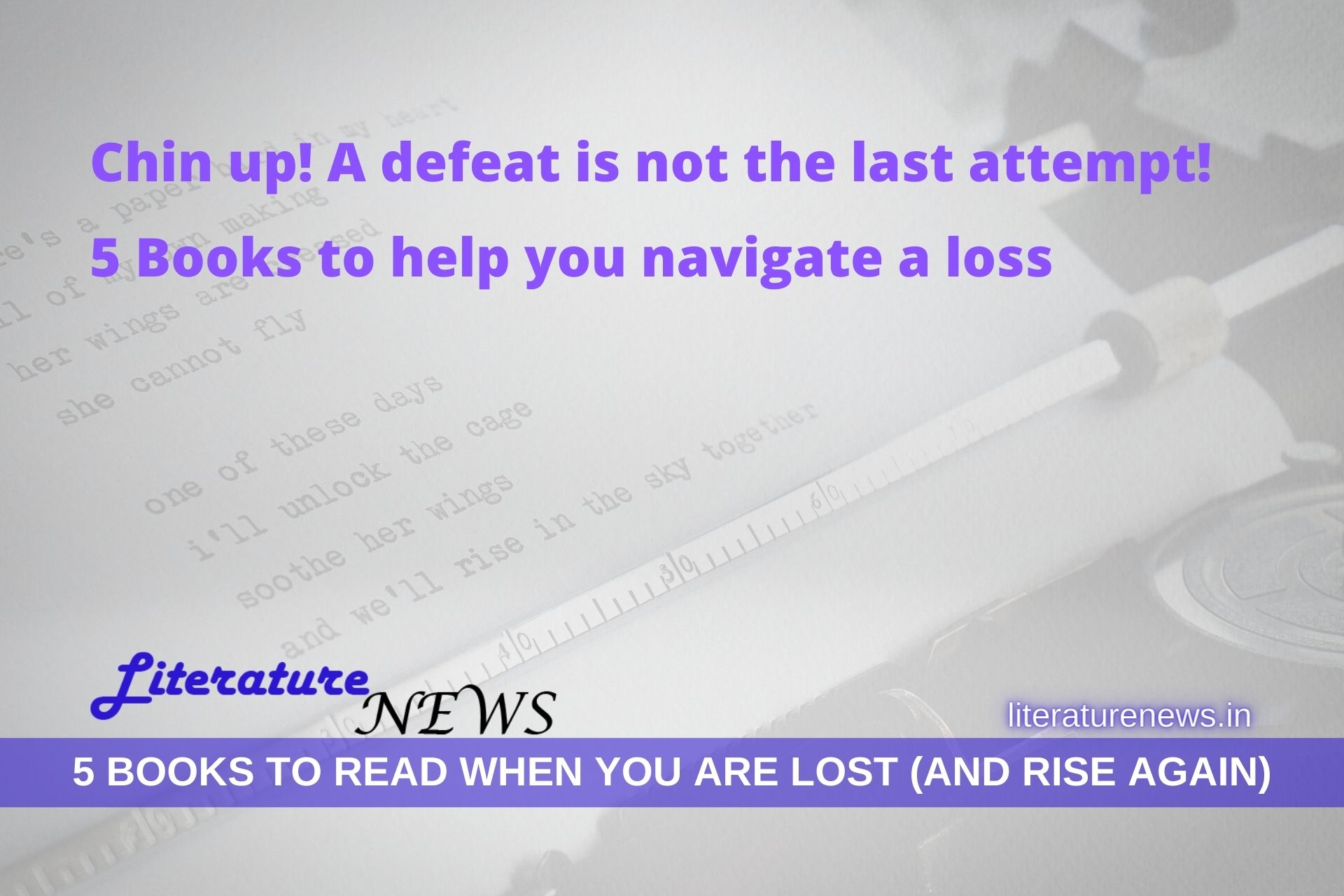Literature has not yet found a definition that might suit the agendas of many. It is still a very subjective, abstract idea that cannot be pursued as a common one – like water standing for H2O for all. Literature may be perfect chemistry of many ideas, qualities, opinions, philosophies, ideologies and juxtapositions with symmetries… however, it is just not chemistry where things stand for fixed values. And therefore, it becomes very difficult to ascribe a certain definition to literature. Literature, for many ages it has existed, stands as a vague idea that we all understand, enjoy, discuss… and still debate.
There have been many instances, recently, of people describing the primary function of literature. Some argue that it is beyond entertainment and some argue it is pure entertainment. While I swing between the two, can I also find something that settles between the two? Delight and wisdom, as greats in the past said? In India, literature has wide connotations. Ramayan is also literature and Mahabharat as well. Arthshashtra by Kautilya is also literature and so is the works by Swami Vivekananda. Panchatantra is also literature and so are the works on vidushaks like Gonu Jha and Tenali Ram. So, from devotion to enlightenment, from laughter to separation, from life to death… literature covers it all. So, can literature be settled with these two – delight and wisdom? Perhaps, we will have to go, as shared in the title, with shaping opinions version. Literature does shape opinions.
When we talk about shaping opinions, shouldn’t we start with the basic idea – right opinions or wrong opinions or just plain opinions beyond right vs wrong debate? The myth of Aryan invasion theory has been propagated so many times in our literature and even scholarly writings that now people take it for granted… most Indians believe that there is a thing like Aryan vs Dravidian in India. This is a classic example of disinformation through literature. Another example is from the great epic based on ancient Indian history during the times of Mahabharata of the same name. Many among us believe that Karna was not accepted as a student by Guru Dronacharya. However, this is plain disinformation and deliberate myth that has been propagated by our writers who have interpreted the original writing of Maharshi Ved Vyas as per their whims. In the original text, Karna is very much a student of Dronacharya and he learns the same as others, Pandavas and the Kauravas.
Shaping opinions can also be traced to the famous works by English authors (English as a language). It was Orwell’s 1984 which did what it did. It was R K Narayan’s books that shaped a general opinion about lifestyle in middle class south Indian families. It was Mulk Raj Anand’s works that shaped an opinion about Dalits and their plights in Indian rural and urban areas. William Blake highlighted the plights of the poor in some of his works and it was extended to a great extent by Charles Dickens in his novels. Men and Women’s fancies about marriages were dealt with by Austen wonderfully and it did shape an idea in the minds of her readers about marriage issues. Science fiction does a great job in preparing people for the big changes to come in the near future.
However, above all, can we trust literature always? Cannot literature just extrapolate itself to an extent that it becomes propaganda rather than just being an opinion-shaper? Modern writers have no or very little problems in turning themselves into guns for hire – you might be surprised by loads of works being released during the times of elections in various countries. And then, it cannot be termed merely as an opinion maker! In short, literature has made shades but the quality of it being partisan in beliefs and ideologies cannot be trusted completely! It will soothe a side and hurt another… always!
The wisdom of the readers should always stay at the top if literature has to be enjoyed, wisdom has to be extracted out of it and knowledge has to be received rightly. Once agenda overtakes the literary wisdom of a reader, literature goes beyond being a tool for delight and wisdom… so, be careful!
By a contributor to Literature News






Add Comment